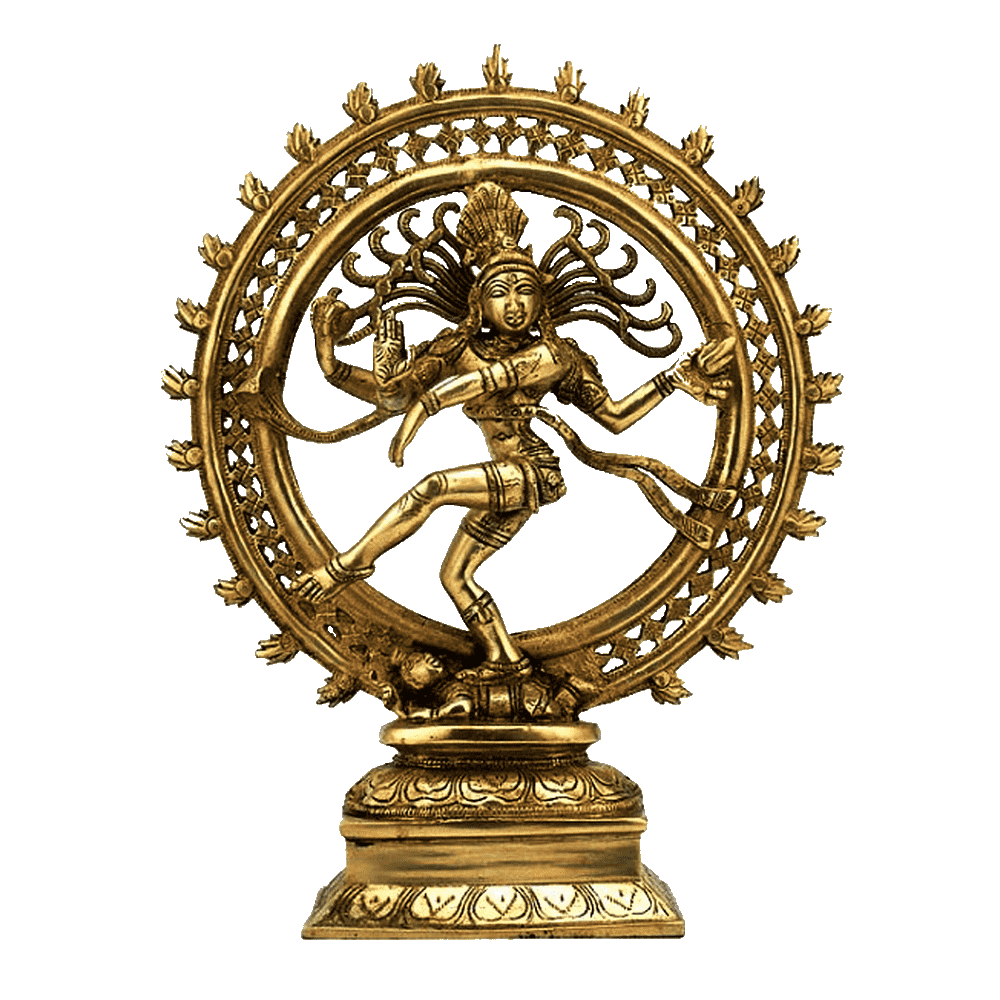
Kula – Kulamārga
& Other Tantras: Exploring Sacred Texts of the Kula Tradition
Introduction:
The Kula – Kulamārga Tantras form a significant body of sacred scriptures within the Śākta – Kālī traditions of Hinduism. These Tantras are devoted to the worship of the divine feminine, and they provide profound insights into rituals, mantras, and practices for spiritual seekers. This article delves into some of the key Tantras within this tradition, shedding light on their importance and relevance.
Kulārṇava Tantra:
The Ocean of Kula Teachings The Kulārṇava Tantra is a seminal text in the Kula tradition, exploring the depths of Kula worship and spiritual practices. It reveals the esoteric knowledge of the Kaula path, emphasizing the worship of the goddess and the transformation of human consciousness.
Mahānirvāṇa Tantra:
Attaining Ultimate Liberation The Mahānirvāṇa Tantra offers profound insights into attaining ultimate liberation (mokṣa). It elucidates various aspects of spiritual life, including the importance of devotion, self-realization, and the attainment of knowledge.
Kulacūḍāmaṇi Tantra:
The Crown Jewel of the Kula Tradition The Kulacūḍāmaṇi Tantra is regarded as the crown jewel of the Kula tradition. This sacred text provides detailed rituals and practices for the worship of the divine feminine, guiding devotees on a transformative journey toward spiritual realization.
Guptasādhana Tantra:
The Secret Teachings of Worship The Guptasādhana Tantra contains secret teachings and practices for the worship of the divine. It emphasizes the importance of secrecy and discretion in Kula practices to preserve the purity and power of the sacred rituals.
Mātṛkābheda Tantra:
Unveiling the Secrets of the Divine Mother The Mātṛkābheda Tantra focuses on the worship and reverence of the Mātṛkās (divine mothers). It unveils the secrets of the divine mother’s various forms and energies, providing seekers with a profound understanding of the divine feminine.
The Essence of Kulamārga:
Cultivating the Inner Tantra The Kulamārga, or the path of the Kula tradition, is rooted in cultivating the inner Tantra. It emphasizes self-realization, purification, and awakening the latent divine energies within oneself through spiritual practices and devotion to the goddess.
The Significance of Goddess Worship:
Embracing Divine Feminine Energies The Kula – Kulamārga Tantras place great importance on the worship of the goddess, recognizing the divine feminine as the source of creation and transformation. Devotees learn to embrace the nurturing and transformative qualities of the goddess in their spiritual journey.
The Quest for Self-Realization:
A Journey of Inner Transformation Seekers in the Kula tradition embark on a journey of inner transformation and self-realization. Through rituals, meditation, and devotion to the divine feminine, they discover their divine essence and attain spiritual evolution.
Universal Appeal:
A Path for Spiritual Seekers The Kula – Kulamārga Tantras hold universal appeal, transcending cultural and religious boundaries. Spiritual seekers from diverse backgrounds find solace, guidance, and empowerment in the worship of the divine feminine.
Conclusion:
The Kula – Kulamārga Tantras stand as a treasury of sacred knowledge, guiding spiritual seekers on a transformative journey of self-discovery and devotion to the divine feminine. Through rituals, mantras, and meditation practices, devotees attain spiritual progress and inner transformation. The worship of the goddess empowers seekers to embrace their divine potential and realize the interconnectedness of all existence. As devotees immerse themselves in the teachings of the Kula – Kulamārga Tantras, they unlock the profound wisdom of the divine feminine, fostering a deeper connection with the source of creation and realizing the ultimate truth of self-realization.
Editor – Kaalchakra Team
[ Note – Before Concluding anything as a Finale, Please Go through Original Scriptures of Vaidik Literature Written in Sanskrit and Also with Meaning of That time of Language. Because English is a Limited language to Explaining the Deeper Knowledge of Vaidik Kaal. ]
